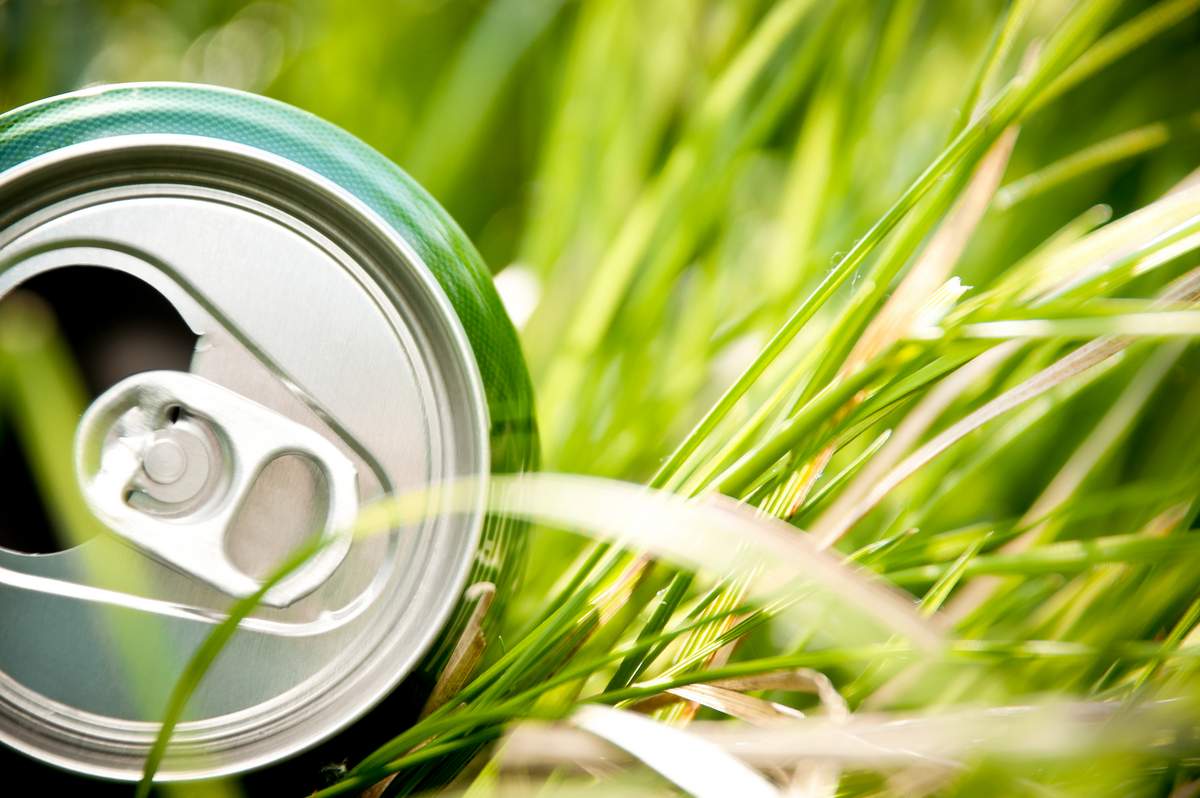
It’s now been 20 years since the arrival of canned craft beer. I know because I helped launch it as lead singer/idea man for (at the time) little Oskar Blues Brewery and Pub in Lyons, Colorado. But two decades into craft beer smashing its glass-bottled ceiling, there’s a hefty shortcoming in the success of canned beer. Sadly, craft brewers bear much of the responsibility for it.
What’s the problem? The recycling rates for aluminum cans stink. Colorado’s recycling experts recently marked Recycling Day with an embarrassing statistic: Just 16 percent of aluminum cans are recycled in the state where canned craft beer began. Nationwide only about half of all aluminum cans are recycled.
How are craft brewers contributing to the problem? For starters, the recycling messages championed by the first wave of micro-canners have faded or disappeared entirely. An astonishing number of today’s craft beer cans — especially those from smaller breweries — include no recycling symbol or message on their cans. Nothing. Many of those that include such a message do so in the can’s tiniest, magnifying-glass-required font with an equally miniscule arrowed triangle.
Isn’t such MIA and almost invisible messaging a blatant disregard for Ma Nature and the planet? Isn’t it a broken promise in our allegedly green-minded trade? Making matters worse are cans adorned with plastic shrink wraps and adhesive labels. Yes, these dressed-up cans have been a survival tool for smaller breweries during the pandemic, but experts say these labels crush the recycling bennies of the mighty aluminum can.
Marti Matsch, deputy director for Colorado’s Eco-Cycle, recalls the day she discovered labeled beer cans on the line at a sorting facility. “What is this?” she recalls thinking. “What have they done to our favorite material?” Printed aluminum cans, she notes, “are the poster child of recycling. Most of all, they pay the bills for all that we do.”
Cans with shrink wrap and plastic labels, she and other experts say, are identified as plastic as they pass by sorting sensors, and they get kicked in with plastic materials. That deprives recyclers of precious aluminum, contaminates their plastic, and leads to a sad finale for cans that reach plastic processors. “It’s our understanding,” Matsch says, “that they end up in landfills.”
They’re trouble for metal processors as well.
“We sell aluminum cans to a smelter,” says Larry Odle of Denver’s Rocky Mountain Recycling, “and they want 100 percent aluminum, not plastic.” He is frustrated by beverage makers labeling cans. “You’ve got an aluminum product that is 100 percent recyclable and infinitely recyclable. It’s perfect. And now we have people knowingly adding plastic to it. It’s stupid, it’s wasteful, it’s not good environmental stewardship. I wish craft brewers were aware of this problem.”
The plastic adhered to a smelted aluminum can creates smoke and pollution, he notes. It also gums up shredder machines, degrades molten metal and requires additional electricity to melt and more fuel to be shipped.
“It’s a tremendous waste,” Odle says. “We’re burning plastic, putting contaminants in the air. It’s not good for anybody.”
“It’s becoming a bigger problem every day,” says Wendy Fauth, a general manager at GFL’s Denver Materials Recovery Facility. “Our end-users, the mills,” she says, “are having less and less tolerance for the level of contamination we’re sending them. They’re in the business of recycling aluminum cans, and they are not ideally equipped to deal with these levels of contamination.”
Recyclers don’t want to deal with the loss of their most valuable commodity. “About 3 percent of our materials volume and 30 percent of our revenue comes from aluminum cans,” Fauth points out.
What can craft brewers do to end this problem? “Stop using plastic labels,” she says.
Yes, this is not good news if you’re a brewery using adorned cans, but you can take action to address this problem while getting around the now larger minimums for printed cans. A shift to digitally printed cans — now becoming more affordable and attainable — is one fix. These days they can be had in smaller lots and often for the same price (or close to it) of labeled cans.
If you’re going to continue with shrink wraps, Dr. David Wagger, chief scientist and director of environmental management at the Institute of Scrap Recycling Industries, wants you to use shrinks with a perforated tear-away feature. “Until someone creates a process for easy removal of labels at processing,” he says, “the zipper label is a solution in the short run.”
That zippered label, Wagger notes, should have readable instructions telling consumers to remove the label before putting the can in the recycling bin. If you’re stuck on adhesive labels, that education approach also applies.
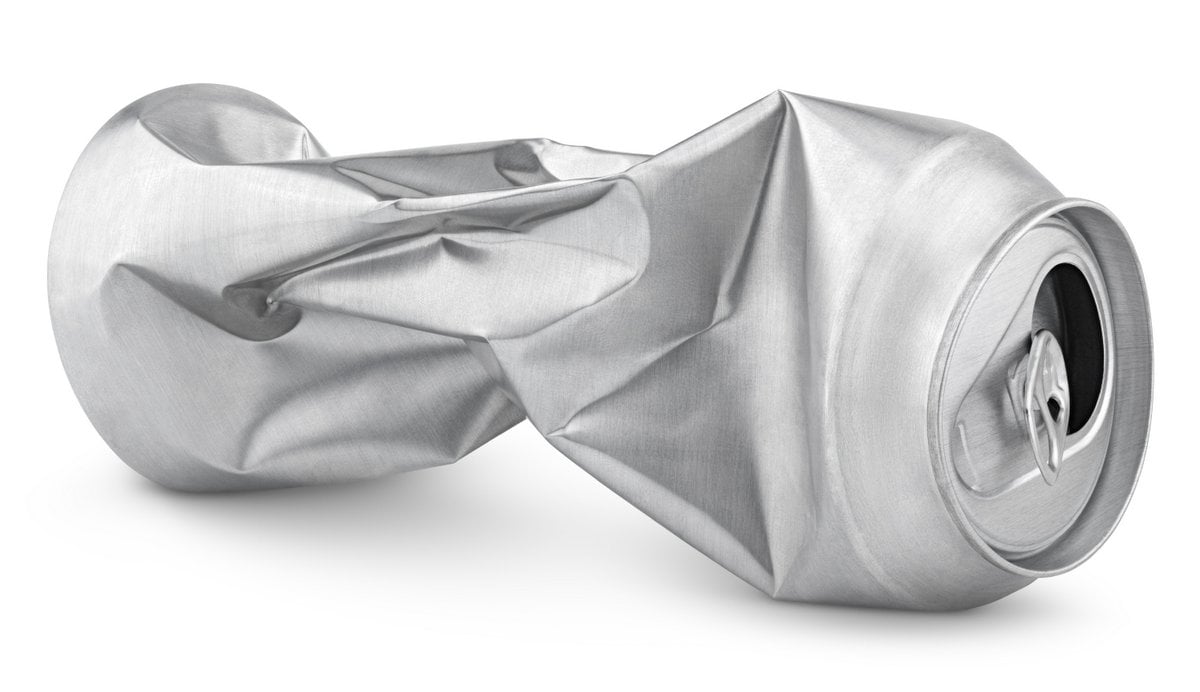
“It’s incumbent on the producer of the beverage,” Wagger notes, “to see that the problem gets corrected.”
So whether it’s an adhesive or a shrink-wrapped label, be sure that your “remove” message is as bold as your double IPA and as clear as your pilsner. These pro-recycling steps are not hard to make. At Dry Dock Brewing Co. we’re shifting our labeled limited-release cans to digitally printed ones, our Crowlers bear a “Please Remove This Label Before Recycling” request and every can sports a “Don’t Trash Our Cans” mantra.
In addition to on-the-can messages, craft brewers should invest meaningful effort to alert customers on the need for undressed cans going in the recycling bin. Because like craft beer going bad on the warm shelf, our planet’s “best by” date is rapidly approaching. Craft brewers have a truly existential responsibility to extend it.
“The number of aluminum cans being thrown away is nauseating,” Eco-Cycle’s Matsch says. “Our planet cannot afford to landfill any aluminum cans. We need every one of them.”
Marty Jones is the man who made canned beer cool and a longtime craft beer promoter, publicist and idea man. He lives in Denver, Colorado, and wishes every can got recycled.

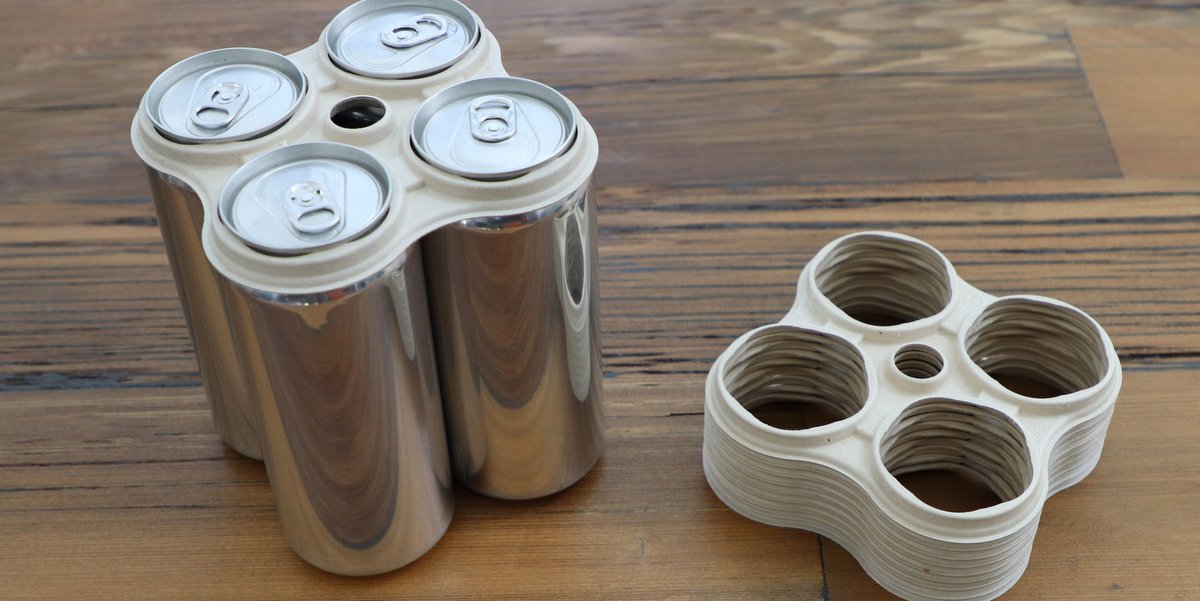
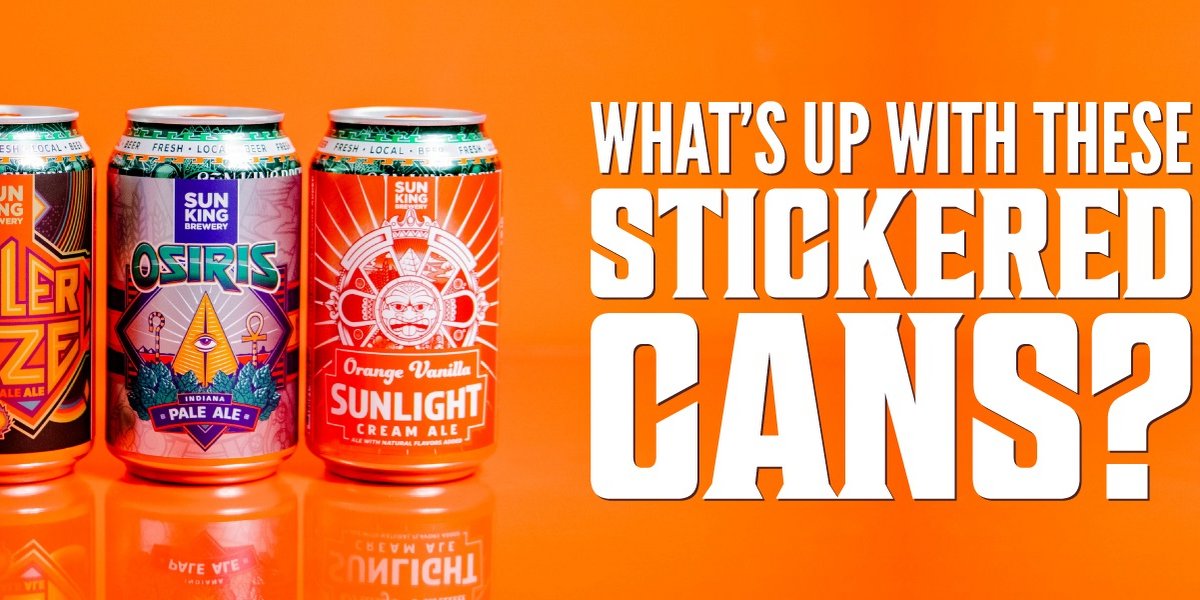
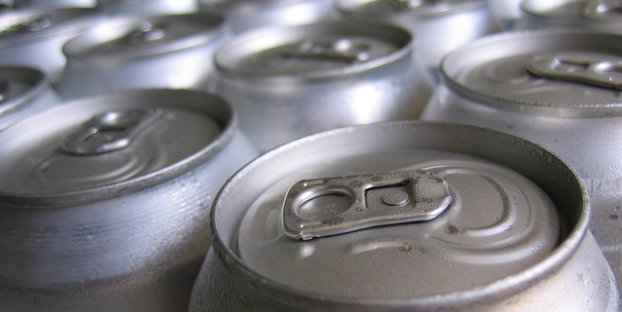
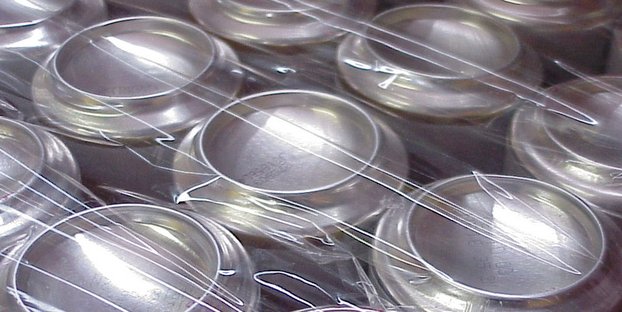
Leave a Reply
You must be logged in to post a comment.